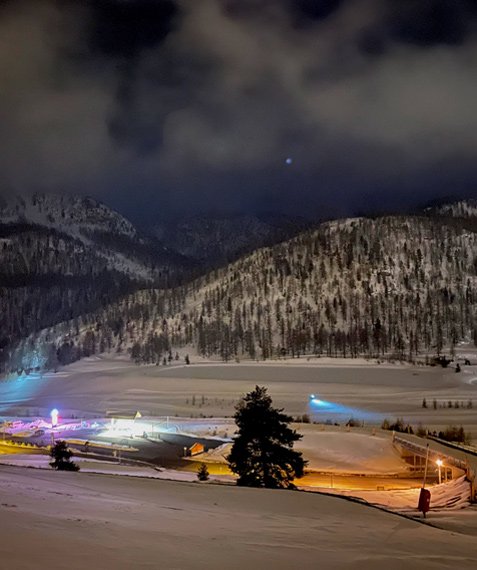Why are we running this project?
The Robert Bosch Stiftung is committed to a human rights-based migration policy and supports Border Forensics in raising awareness among the public and political actors about human rights violations at and beyond borders. Border Forensics' efforts contribute to countering the normalization of border violence and foster informed narratives on migration.
What are our goals?
The project supports Border Forensics in the advancement of innovative investigative techniques for visualizing and analyzing human rights violations at borders. The goal is to enhance Border Forensics' investigative capabilities across various contexts and to support a growing number of stakeholders while building their capacities.
In collaboration with affected individuals and civil society organizations, Border Forensics advocates for truth and justice related to violence at and beyond borders.
How does the project work?
To achieve their objectives, Border Forensics produces human rights reports, maps, video reconstructions, and other visualizations of border violence. They disseminate these materials in various forums, including national and international courts, parliaments, policy forums, the international press, academic journals, and renowned cultural institutions worldwide.
In addition, the agency conducts trainings and workshops to strengthen the capacity of diverse actors to document and address border violence. Through these forums, Border Forensics fosters a broader dialogue on human rights violations and accountability, while raising awareness to eliminate harmful practices that infringe upon the rights of migrants and refugees.


